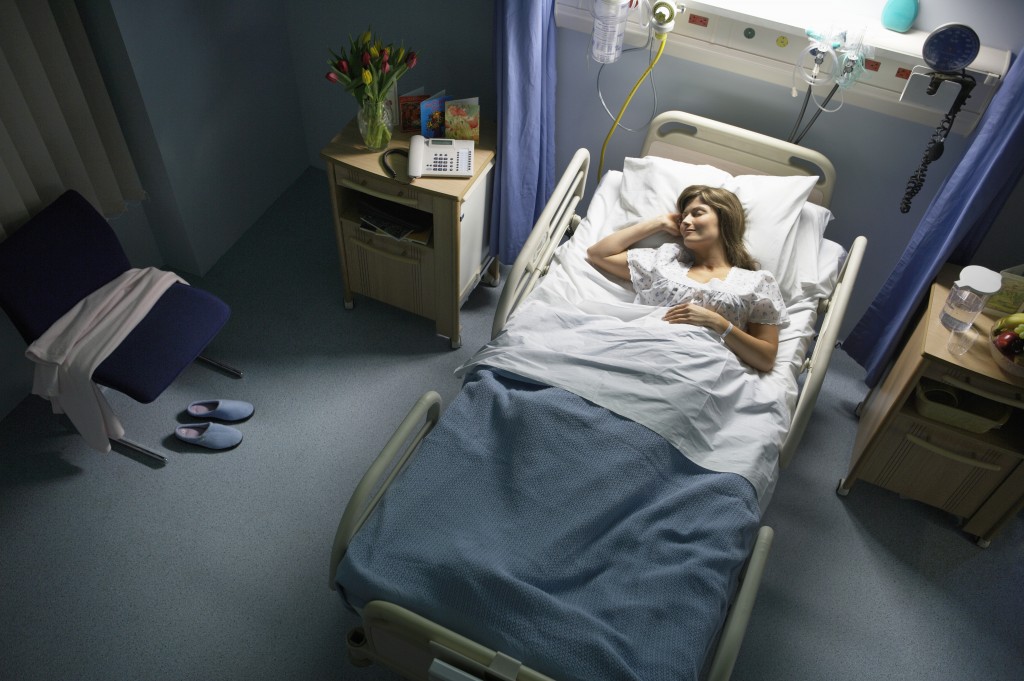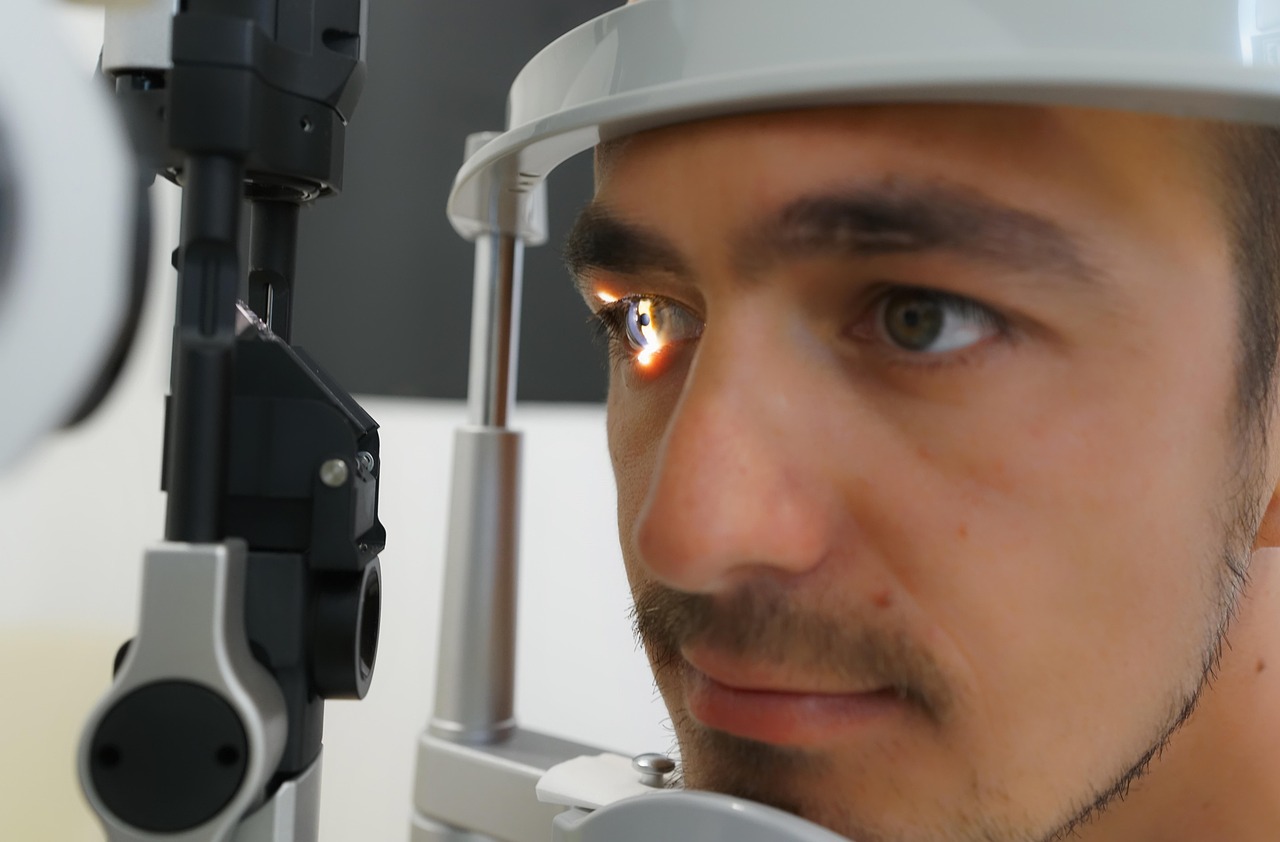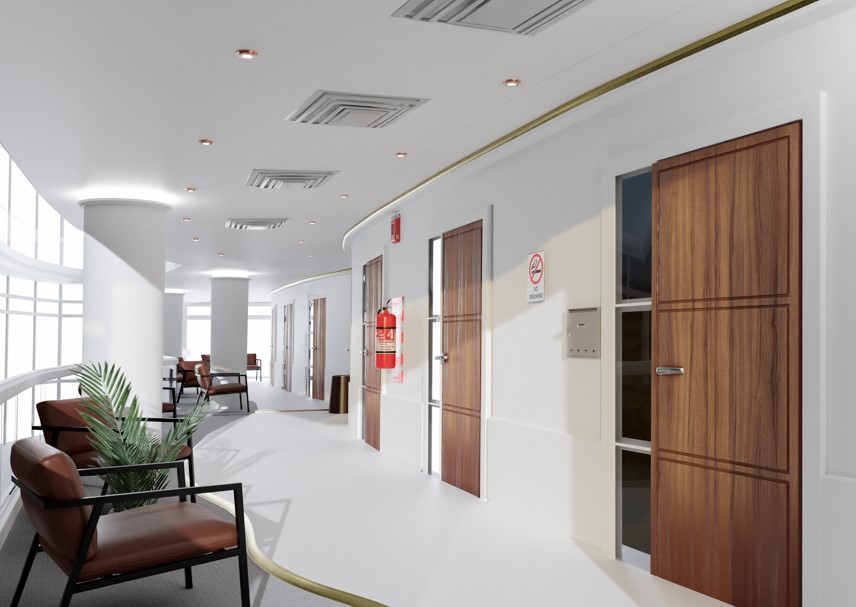29
Sep 2020
Overnight hospital stays becoming shorter and same-day hospitalisations increasing
Published in General on September 29, 2020

NOTE: Australian Institute of Health and Welfare (AIHW) staff are assisting other Government agencies, including the Department of Health, to monitor the COVID–19 (coronavirus) pandemic.
This is our top priority and some of the work we had planned for 2020 has been delayed. We are still releasing some reports and other data products, especially those which were close to completion prior to the pandemic or contain information which is time-sensitive for policy-makers and service-providers.
The information in this media release is for a time period before the 2019-20 Summer bushfires and the COVID–19 pandemic.
There were 11.5 million hospitalisations in Australia in 2018-19, up from 10.1 million in 2014-15, according to new information released by the Australian Institute of Health and Welfare (AIHW).
The latest MyHospitals update shows that hospital admissions rose by an average 3.3% per year between 2014-15 and 2018-19, double the population growth over the same period.
‘Hospital care has shifted away from overnight stays over recent years, with the average length of stay declining and a shift toward more same-day hospitalisations,’ said AIHW spokesperson Dr. Adrian Webster.
‘Same-day hospitalisations (where the patient does not stay overnight) have risen faster than overnight hospitalisations, largely due to increases in same-day stays for sub-acute and non-acute care.'
Sub-acute and non-acute care Includes rehabilitation, certain types of geriatric and maintenance care and palliative care.
Per 1,000 population, same-day hospitalisations rose, on average, 2.7% per year in public hospitals and 1.0% in private hospitals. In contrast, overnight hospitalisations rose, on average, 0.5% per year in public hospitals and fell 1.1% per year in private hospitals. The average length of stay in hospital decreased by an average of 0.8% per year from 5.5 days to 5.4 days.
Six in 10 admissions were to public hospitals in 2018–19 and publicly funded hospital admissions grew faster than admissions funded by private sources (3.7% average growth per year compared with 2.6%).
Between 2014-15 and 2018-19, emergency admissions increased at a higher rate than elective admissions in both public and private hospitals (3.9% average annual growth for public and 4.8% for private compared to 2.7% growth in public elective admissions and 2.0% growth in private elective admissions). In particular, the growth in emergency admissions involving surgery for complications related to Type 2 diabetes increased by 14% in the last 12 months.
The new data also shows that vaccine-preventable hospitalisations were 22% lower in 2018-19 than in 2017-18, following a spike in admissions due to influenza in 2017-18. However, overall admissions for potentially preventable hospitalisations increased during this period, driven by an increase in hospitalisations for complications related to diabetes.









